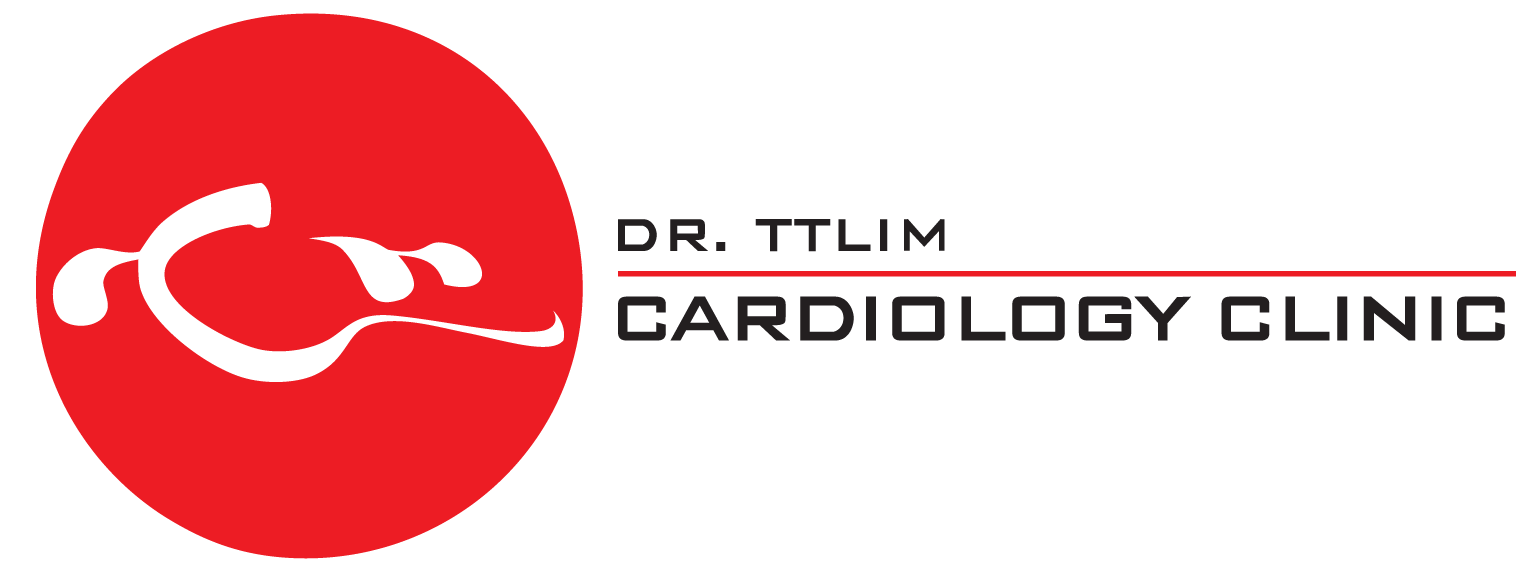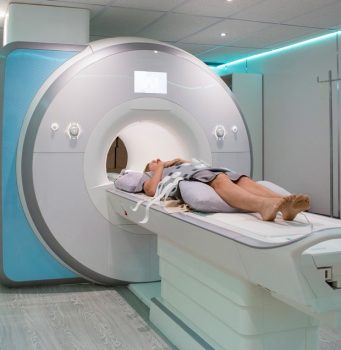What is it?
Lorem Ipsum is simply dummy text of the printing and typesetting industry. Lorem Ipsum has been the industry’s standard dummy text ever since the 1500s, when an unknown printer took a galley of type and scrambled it to make a type specimen book. It has survived not only five centuries, but also the leap into electronic typesetting, remaining essentially unchanged.
It is often suggested to those above the age of 40, especially if you are at risk of developing heart-related problems due to congenital or inherited reasons. Those who are younger than 40 years and have a higher risk of developing heart conditions can also avail a calcium score test to rule out any negative possibilities.
How is it done?
A calcium score test involves using CT scanners, which emit x-rays, to develop scans of the heart and its functioning. The x-rays are of low frequency, ensuring little to no risk, while the scans are being developed. During the test, you may also be hooked up to electrodes that obtain your ECG readings, giving the doctor in-depth information into the functioning of the heart. A calcium score test is a quick procedure, taking up to a maximum of 20 minutes.
After the test is complete, you can resume daily activities, unless stated otherwise. Once your results are analyzed, a follow-up appointment will be needed to discuss your heart health and suggest treatments, if need be.
Why is it done?
A calcium score test is done to detect calcium deposits in the heart. The higher the amount of calcium deposited, the higher are the chances of developing heart-related problems, including fatal ones like heart attacks.





